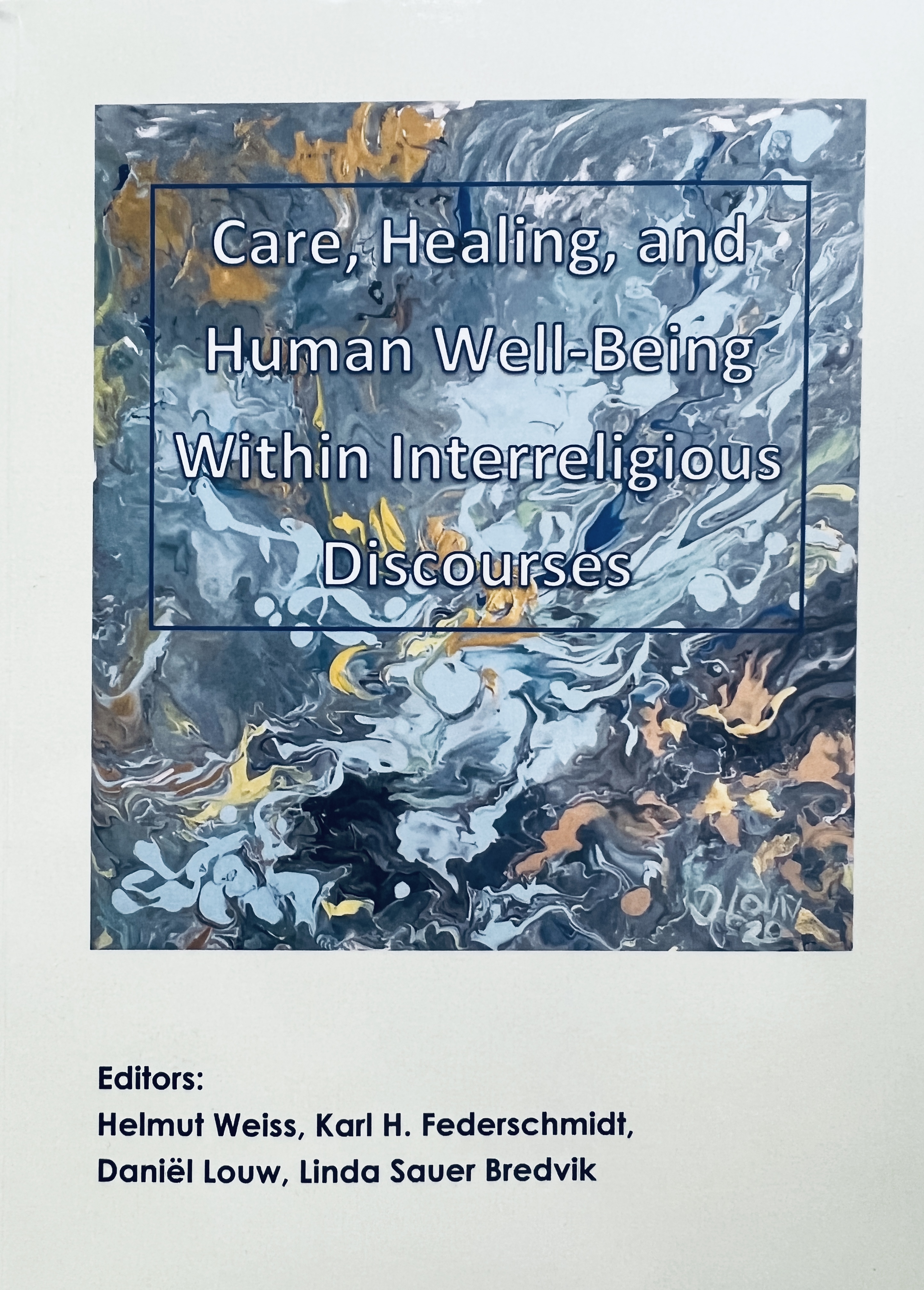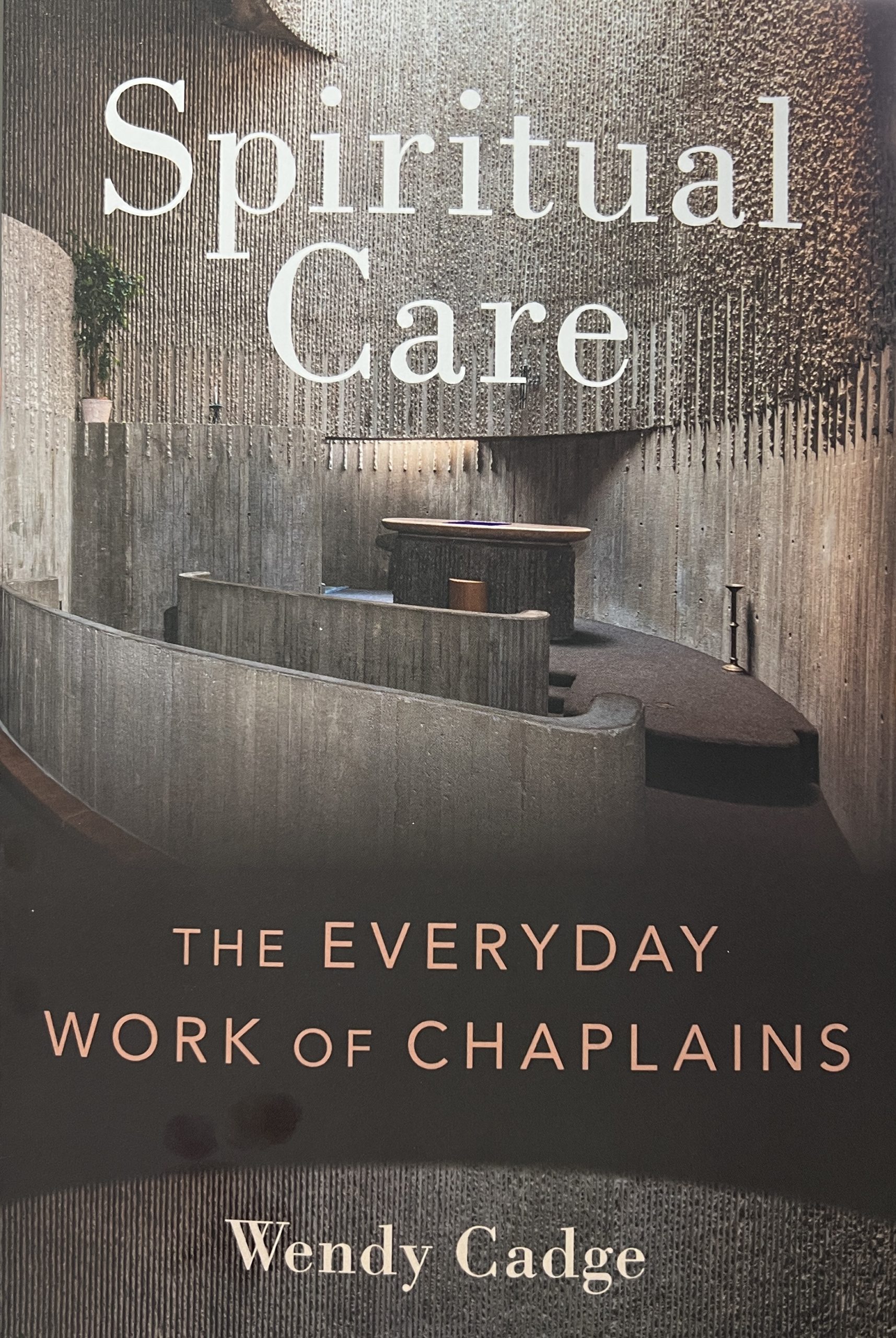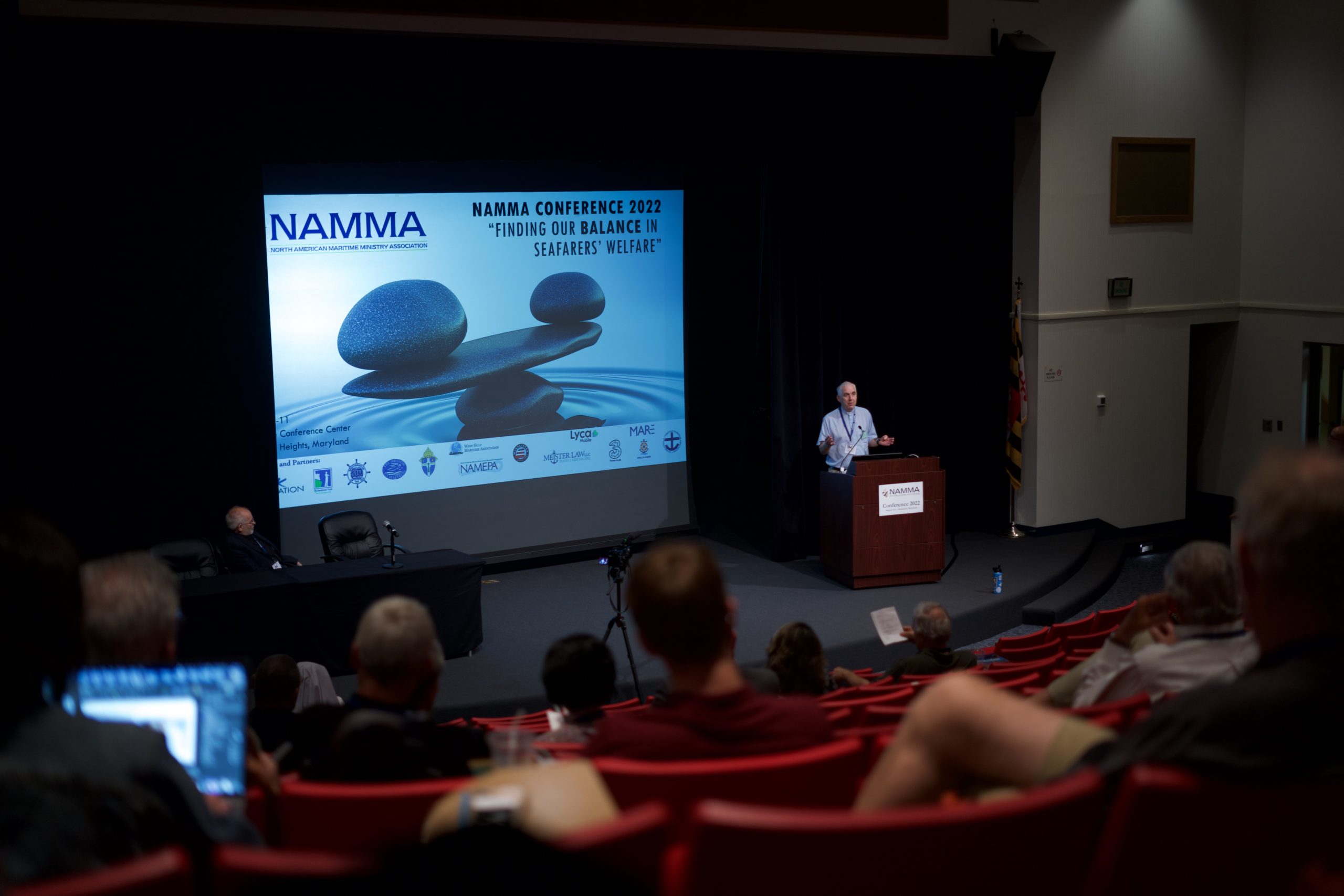Review by Jason Zuidema, NAMMA
Helmut Weiss, Karl H. Federschmidt, Daniël Louw, and Linda Sauer Bredvik, ed. Care, Healing, and Human Well-Being Within Interreligious Discourses. SIPCC, 2021.
Care, Healing, and Human Well-Being within Interreligious Discourses is a collection of essays from a diverse group of cultural and religious authors. The contributors tackle the challenges met in the care of individuals and groups from various religious perspectives. The editors wanted a text that would be founded in understandings of culture and religion that were different from most texts from traditional Western perspectives.
To introduce the volume, the editors suggest that faced with the many worldwide challenges we all confront, “A common quest for multi-faceted spiritual wholeness is increasingly imperative for human survival.” (9) Though this quest for spiritual wholeness is common to us all, it is embedded in our own cultures. The editors share, “The basic premise of this publication is that religion and culture are intertwined and shape, to a large extent, the conditions of human life; this leads to our endeavour to promote interreligious encounters that can contributed to a mutual sense of meaning, hope, and dignified self-worth.” (9) The essays in this book talk to this responsibility and “outreach to the needs of the suffering other.” The editors highlight the “thread that runs throughout the contributions in this volume: By encountering and being with the foreign and diverse other, we become human.” (9)
Essays in this volume were solicited by the Society for Pastoral Care and Counselling (SIPCC) in the quest to promote authentic encounters from those of different religious and cultural contexts. The methodology of the book is diverse and the scope is ambitious: “By sharing this multiplicity of theoretical and practical perspectives, we hope to strengthen interreligious caregiving in ways that not only help heal the individual but that contribute to the healing of our communities and our planet.”(9) The 23 chapters of the book cover a broad territory under the sections dealing with methodology, perspectives of faith communities, challenges to the practice of care and care in public settings.
A number of essays in the volume could be useful for those in maritime ministry. The essay by Linda Sauer Bredvik on “Linguistic Hospitality” helps pinpoint “what linguistic practices and resources create and reflect a communicatively effective or ineffective dialogue.”(101) At the heart of seafarers’ welfare work is communication with seafarers – effective communication needs to be understood and prioritized. In her research she noted: “Interviews showed that participants view a dialogue as communicatively effective if it is: Marked by non-contentious understanding, albeit not necessarily agreement; marked by a lack of desire to change the Other, and one in which all participants are heard and understood on their own terms. Ineffective exchanges, by contrast, are: A monologue; one in which the conversation is obstructed or terminated by a single speaker, or those which show a lack of respect or an unwillingness to hear the other.” (101) Effective conversation in the author’s opinion is tied directly to hospitality.
The essay by chaplain Stefan Francke evokes care of seafarers in specific. Francke works as a chaplain for the Stichting Pastoraat Werkers Overzee, an ICMA member, which focuses on the crews of dredging vessels. In this essay, Francke describes the work of a chaplain in this particular context, noting its opportunities and challenges. He notes the different reactions of crew, “European crewmembers often ask me: ‘What is the purpose of your visit?’ Many of them are not related to any religious institution or specific cultural tradition. The Asian crewmembers, however, immediately welcome me as their pastor or some other ‘spiritual official’ or representative of a faith tradition.” (346) Francke uses the analogy of dredging to explain his pastoral activity: i. contract stage (making a connection), ii. survey (active listening), iii. digging (asking challenging questions or offering different perspectives) and iv. problem solving (using different tools to address urgent needs). For all these steps, understanding expectations and different cultural backgrounds are important.
Essays in this collection will be engaging to different readers. Seafarer chaplains work in multi-cultural and multi-religious contexts on every ship visit, so more understanding of what researchers and practitioners from around the world think can be instructive to help us think of our own work.




